


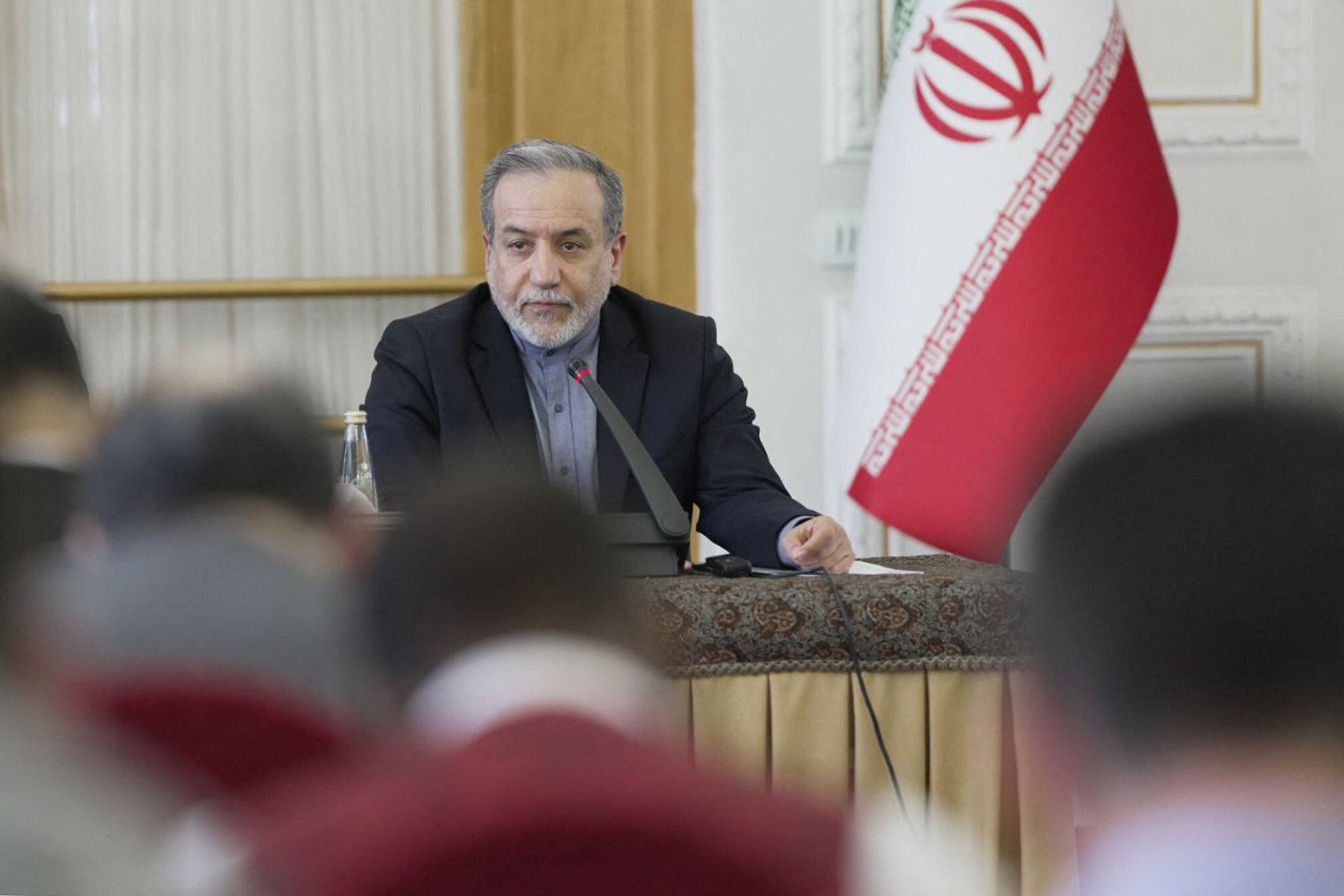
European foreign ministers were set to hold talks Friday with their Iranian counterparts in the hopes of reaching a diplomatic solution to the war with Israel, as US President Donald Trump seemed to delay the prospect of American involvement.
Trump announced the previous day that he would decide on whether to join Israel’s air campaign against Iranian nuclear facilities within the next two weeks, after vacillating on the prospect.
Iranian Foreign Minister Abbas Araghchi was to meet Friday in Geneva with foreign ministers from Britain, France and Germany, known as the E3, as well as the European Union’s foreign policy chief.
After several calls with the top diplomats urging Iran to return to the negotiating table, Araghchi reportedly suggested the two sides meet face-to-face, prompting Friday’s talks.
“The Iranians can’t sit down with the Americans, whereas we can,” said a European diplomat to Reuters. “We will tell them to come back to the table to discuss the nuclear issue before the worst case scenario, while raising our concerns over its ballistic missiles, support to Russia and detention of our citizens.”
Negotiations between Iran and the US faltered as a round of talks to be held in Oman last Sunday were canceled, amid Israel’s aerial campaign against Iranian nuclear facilities that began early Friday morning.
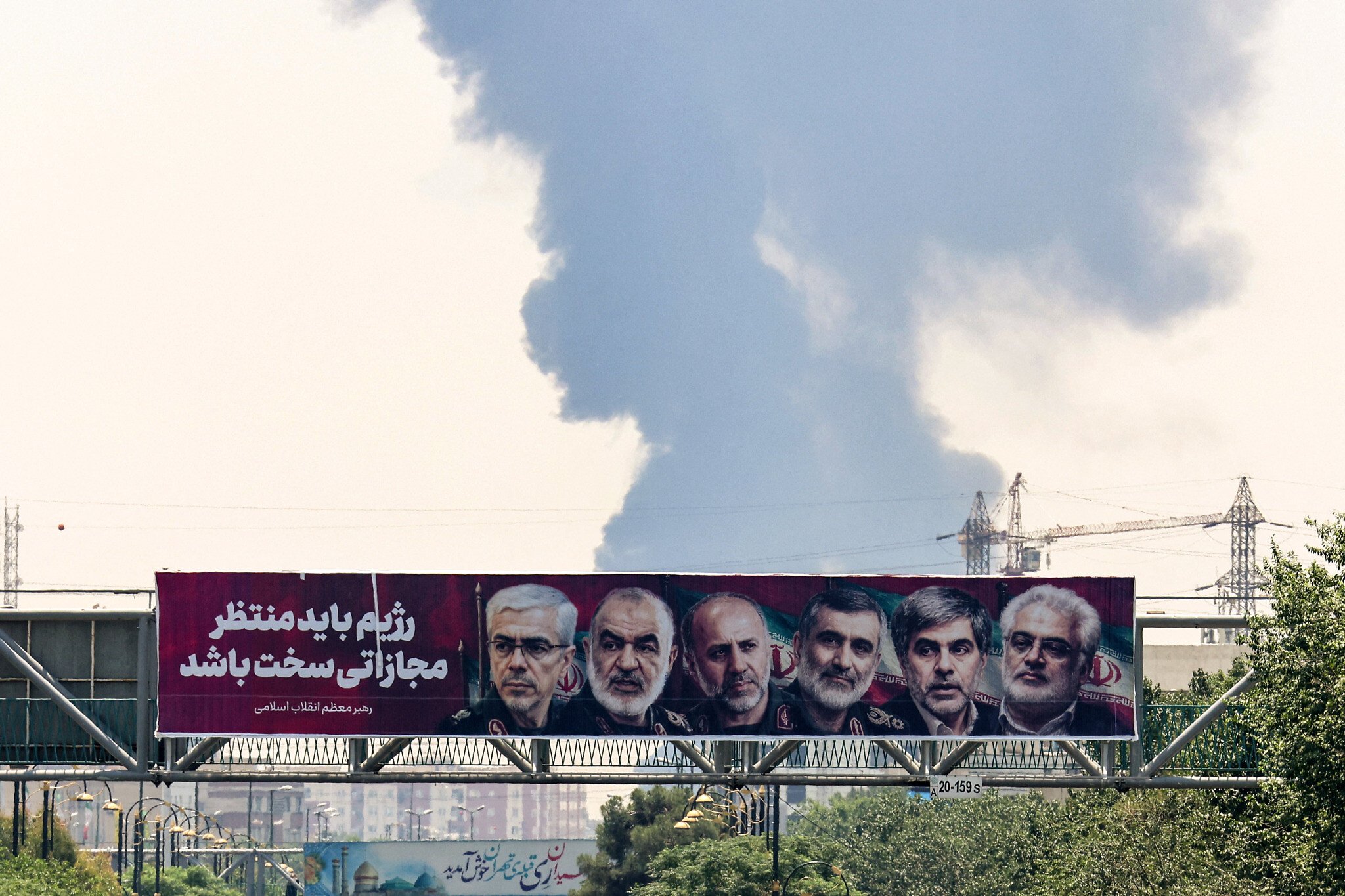
Iranian President Masoud Pezeshkian said that Tehran would not attend nuclear talks so long as Israel kept up its attacks on the Islamic Republic.
But the White House confirmed Thursday that negotiations were continuing to take place between the US and Iran on the nuclear issue, despite Israel’s offensive, after a Reuters report revealed that Trump’s special envoy Steve Witkoff had held several phone calls with Araghchi.
On the eve of talks with Iran, British Foreign Secretary David Lammy said that “a window now exists within the next two weeks to achieve a diplomatic solution,” after meeting senior US officials in Washington on Thursday.
Lammy and US Secretary of State Marco Rubio “agreed Iran can never develop or acquire a nuclear weapon,” according to the State Department.
“The situation in the Middle East remains perilous,” Lammy said in a statement released by the UK embassy in Washington. “We discussed how Iran must make a deal to avoid a deepening conflict. A window now exists within the next two weeks to achieve a diplomatic solution.”
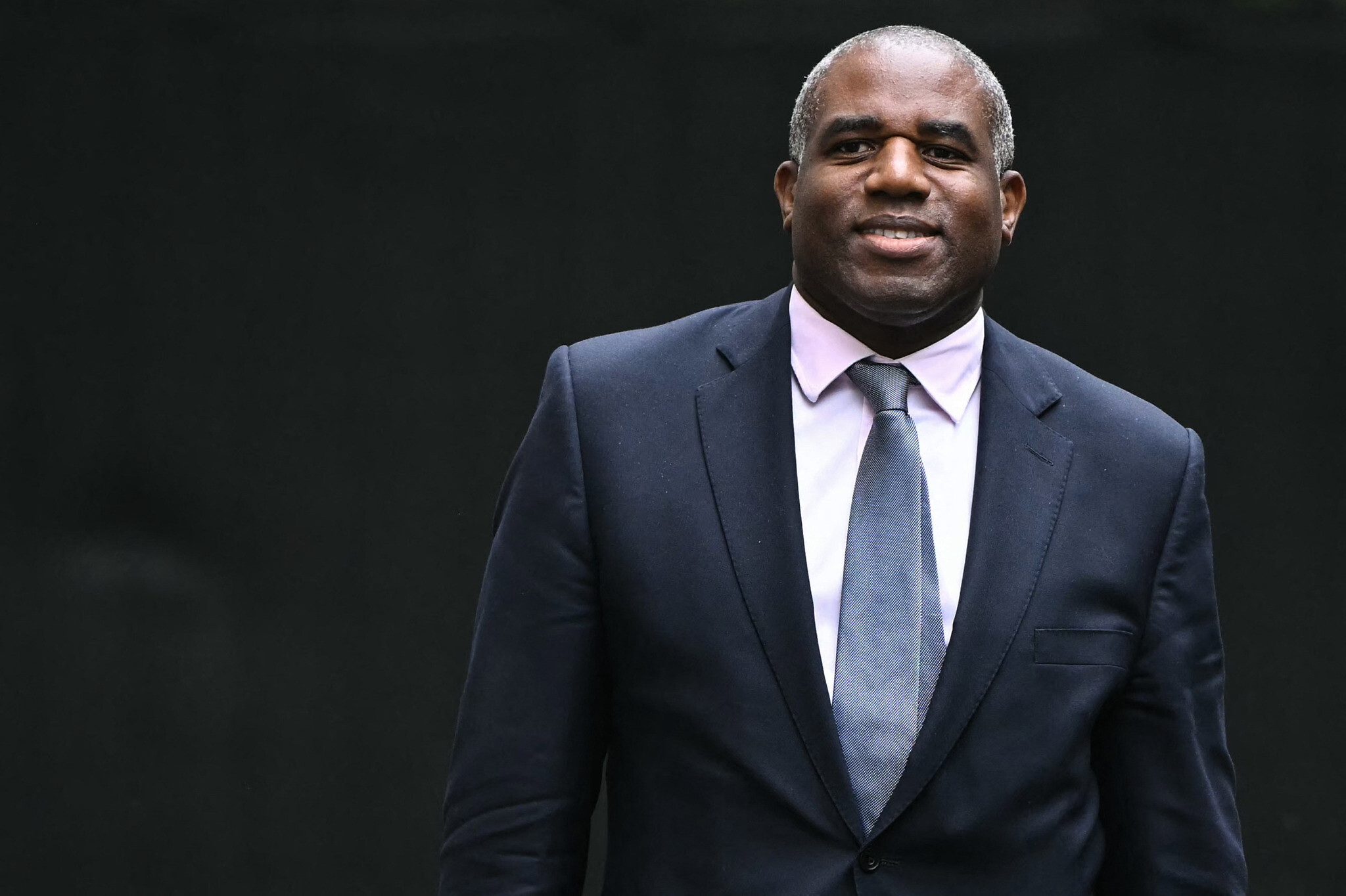
“Now is the time to put a stop to the grave scenes in the Middle East and prevent a regional escalation that would benefit no one,” he said.
The UN Security Council is also due to convene on Friday for a second session on the ongoing war, which was requested by Iran with support from Russia, China and Pakistan, a diplomat told AFP on Wednesday.
The US appeared poised to strike Iranian nuclear facilities Thursday, reshuffling its military assets in the Middle East as Prime Minister Benjamin Netanyahu said Trump’s prospective involvement in the war was “entirely his decision.”
Israel launched a shock campaign of airstrikes against Iran’s top military leaders, nuclear scientists, uranium enrichment sites and ballistic missile program beginning early last Friday. Israel insists the offensive is necessary to prevent the Islamic Republic from realizing its avowed plan to destroy the Jewish state.
Iran has retaliated by launching over 450 ballistic missiles and around 1,000 drones at Israel. So far, Iran’s missile attacks have killed 24 people and wounded thousands in Israel. Some of the missiles have hit apartment buildings, causing heavy damage.
Any American involvement in Israel’s campaign against Iran would be expected to involve the bombing of a crucial underground nuclear facility in Fordo, using specially developed bunker-busting bombs.
The Wall Street Journal reported that Trump told aides he had approved attack plans, but was holding off to see if Iran would give up its nuclear program. The president denied the report, however.
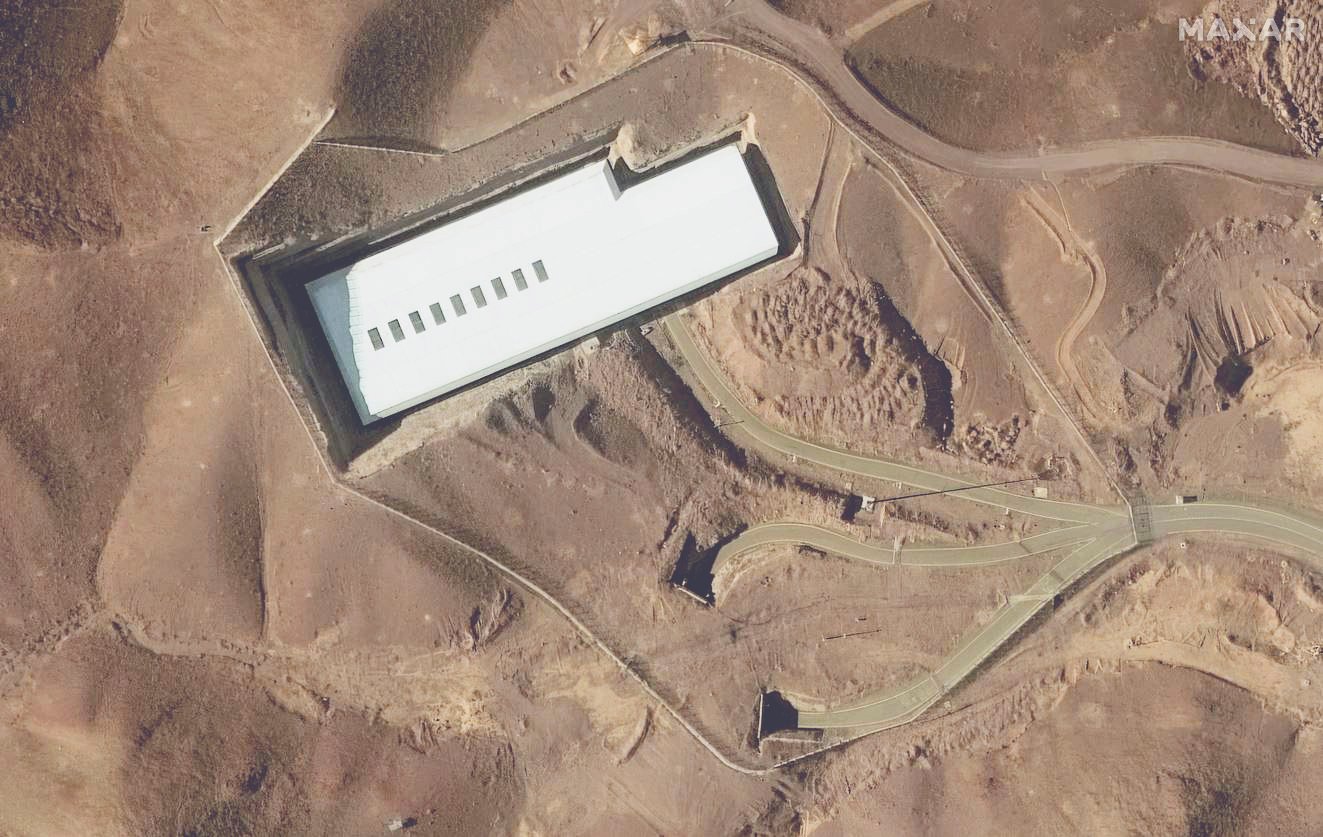
Trump had favored a diplomatic route to stop Iran from acquiring nuclear weapons — an ambition Tehran has consistently denied — seeking a deal to replace the 2015 agreement he tore up in his first term.
The White House said Thursday that any nuclear deal would have to prohibit enrichment of uranium by Iran and eliminate its ability to build nuclear weapons.
“The president is always interested in a diplomatic solution … if there’s a chance for diplomacy, the president’s always going to grab it,” said Trump’s press secretary Karoline Leavitt. “But he’s not afraid to use strength as well, I will add.”
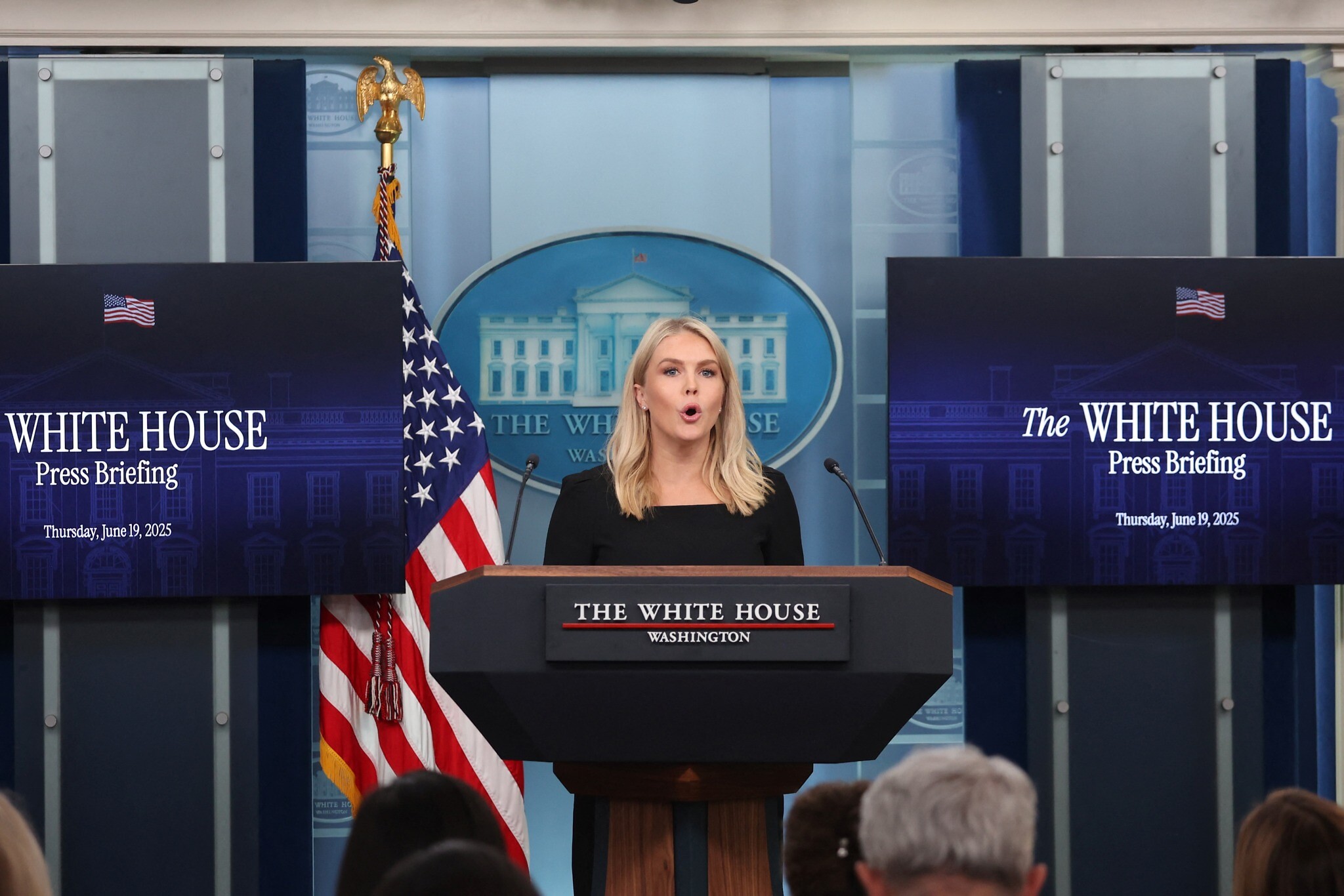
Dozens of US military aircraft were no longer visible at a US base in Qatar on Thursday, satellite images showed — a possible move to shield them from potential Iranian strikes.
Later Thursday, US carriers United Airlines and American Airlines announced they were canceling flights to the Middle East.
US Central Command also had stocked up on additional supplies of blood in the region, standard procedure when there is a perceived risk of an attack on US forces overseas.
